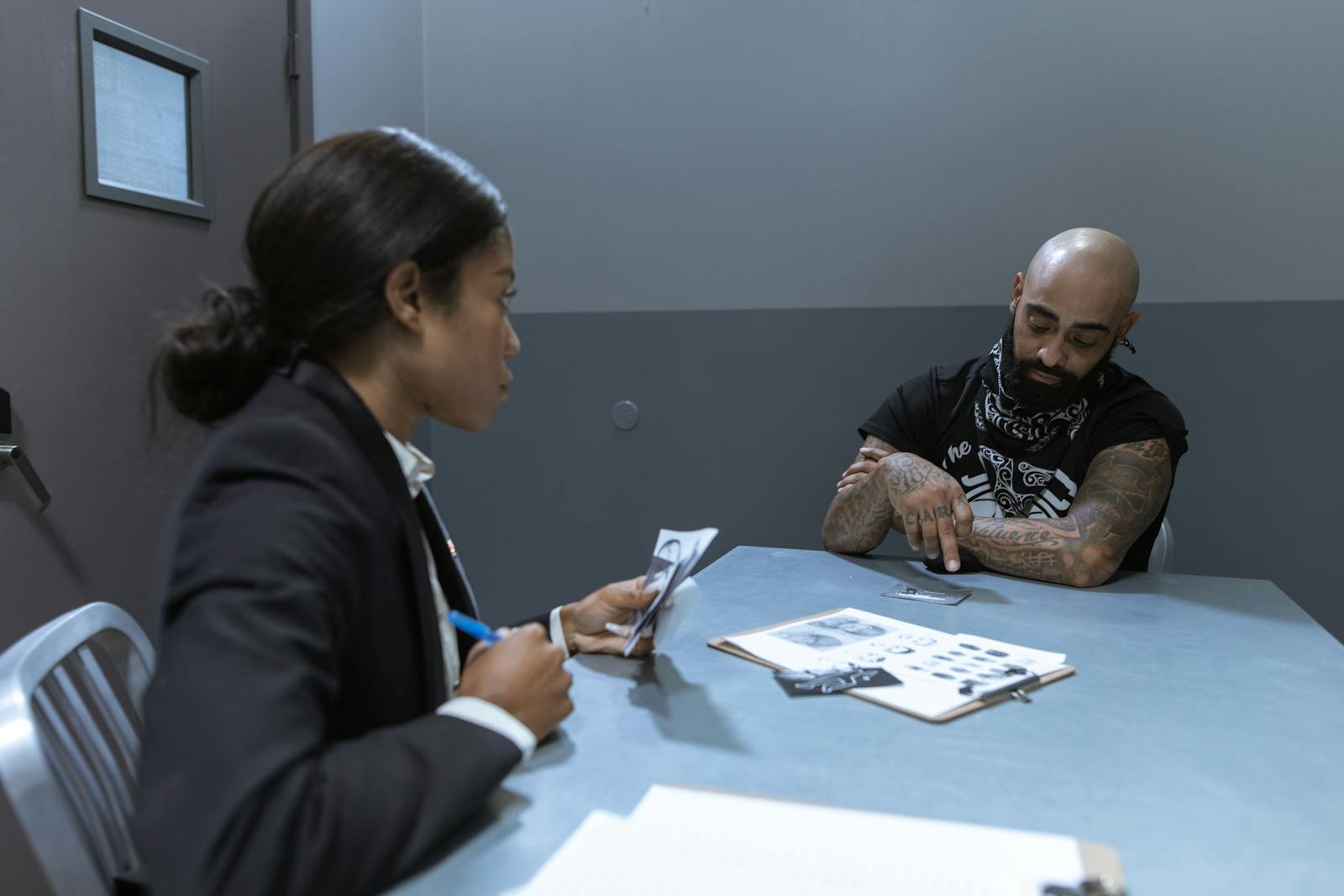Navigating the complexities of child custody under Queensland law can be a daunting task for parents facing separation or divorce. The emotional toll of such proceedings, coupled with the legal intricacies, demands a comprehensive understanding and a strategic approach. This guide aims to demystify the legal standards, and types of custody, and provide practical tips for parents embarking on this challenging journey.
Introduction to Child Custody Laws in Queensland
Child custody laws in Queensland is primarily governed by the Family Law Act 1975 (Cth), which applies uniformly across Australia, including Queensland. The paramount consideration under this Act is the best interests of the child. This principle guides all decisions related to custody and parenting arrangements.
Legal Standards for Child Custody
The legal framework emphasises a child’s right to benefit from a meaningful relationship with both parents, balanced against the need to protect the child from harm. Courts consider various factors, including the child’s views, the nature of the child’s relationship with each parent, and the capacity of each parent to provide for the child’s needs.
Types of Custody Arrangements
Joint Custody
Joint custody, or shared parental responsibility, is where both parents share in making major decisions affecting the child’s life, such as education, health, and religion. This does not necessarily mean equal time with the child but rather an equal role in decision-making.
Sole Custody
Sole custody grants one parent the exclusive right to make significant decisions about the child’s life. This arrangement is less common and typically results when one parent is deemed unfit or where it’s in the child’s best interest to have limited contact with one parent.
Physical Custody
Physical custody refers to with whom the child lives. This can be shared between parents (shared physical custody) or granted to one parent (sole physical custody), depending on what the court considers in the child’s best interest.
Visitation Rights
The non-custodial parent is usually granted visitation rights, allowing them to spend time with the child. The specifics of these arrangements can vary widely and are often detailed in a parenting plan or court order.
Navigating the Legal Process
Seek Legal Advice
Engaging a family lawyer with expertise in Queensland’s child custody laws is crucial. They can provide tailored advice, represent you in court, and help negotiate agreements.
Mediation and Family Dispute Resolution
Before heading to court, parents are encouraged to attempt mediation through Family Dispute Resolution (FDR). This process aims to help parents reach an agreement amicably, focusing on the child’s best interests.
Court Proceedings
If mediation fails, the matter may proceed to court. Here, evidence is presented, and after considering all factors, the court will make a decision based on the child’s best interests.
Tips for Parents
Focus on the Child’s Best Interests
Always prioritise your child’s needs and well-being above all else. This perspective is not only beneficial for your child but is also looked upon favourably by the court.
Maintain Open Communication
Strive for open and respectful communication with the other parent. This can facilitate easier decision-making and reduce conflict.
Keep Detailed Records
Maintain records of all interactions, agreements, and expenses related to your child. This documentation can be invaluable in legal proceedings.
Be Willing to Compromise
Flexibility and willingness to compromise can lead to more amicable arrangements and are often in the best interest of the child.
Support Your Child
Ensure your child has the support they need during this challenging time. Consider professional counselling to help them navigate their emotions and the changes to their family dynamics.
Beyond the Basics: Psychological, Emotional, and Financial Aspects of Child Custody
Expanding on the intricacies of child custody laws in Queensland, it’s essential to delve into the psychological and emotional considerations that the court takes into account, the importance of a parenting plan, and the role of legal and psychological professionals in these proceedings.
Psychological and Emotional Considerations
The court places significant emphasis on the psychological and emotional well-being of the child. This includes assessing the impact of any proposed changes to the child’s living arrangements, the child’s relationship with siblings and other significant individuals, and any history of family violence or abuse. The court may order a family report prepared by a psychologist, which provides an independent assessment of these factors and recommendations for the child’s care.
The Importance of a Parenting Plan
A parenting plan is a voluntary agreement that sets out the parenting arrangements for children. While not legally enforceable, a well-constructed parenting plan can provide a clear framework for co-parenting and can be presented to the court as evidence of the parents’ intentions. It typically covers daily routines, communication, decision-making, and how changes to the plan will be negotiated. Crafting a comprehensive parenting plan encourages collaboration and can prevent future conflicts.
Role of Legal and Psychological Professionals
Family lawyers play a pivotal role in navigating the legal process, offering advice, and representing parents in court. However, the support system for families undergoing custody disputes extends beyond legal assistance. Child psychologists and family therapists can offer invaluable support, helping children and parents manage the emotional stress of separation and custody disputes. These professionals can also provide expert testimony or reports to the court, highlighting the child’s needs and the potential impact of different custody arrangements.
Engaging with Child Support Services
In addition to custody arrangements, parents must consider the financial support of their children. The Australian Government’s Child Support Agency facilitates the transfer of payments from the non-custodial parent to the custodial parent, ensuring that children receive adequate financial support. Understanding your obligations and rights regarding child support is crucial, as it directly impacts the child’s quality of life.
The Future of Child Custody Laws
Child custody laws in Queensland and across Australia are subject to ongoing review and reform. These changes aim to better reflect the evolving nature of family structures, societal attitudes towards parenting, and the latest research on child development. Staying informed about these changes is essential for any parent navigating the custody process, as it can affect their rights, responsibilities, and the outcomes for their children.
Conclusion
Understanding and navigating child custody laws in Queensland requires a comprehensive approach, focusing on the legal framework, types of custody, and the best interests of the child. By seeking appropriate legal advice, prioritising your child’s needs, and approaching the process with a willingness to communicate and compromise, you can navigate these complexities more effectively. Remember, the goal is to ensure the well-being and stability of your child, amidst the challenges of separation or divorce. With the right approach and support, parents can work towards arrangements that serve the best interests of their children, laying a foundation for their future growth and happiness. Contact Strategic Lawyers today and browse our practice areas to ensure your assets are protected with the utmost care and professionalism.






